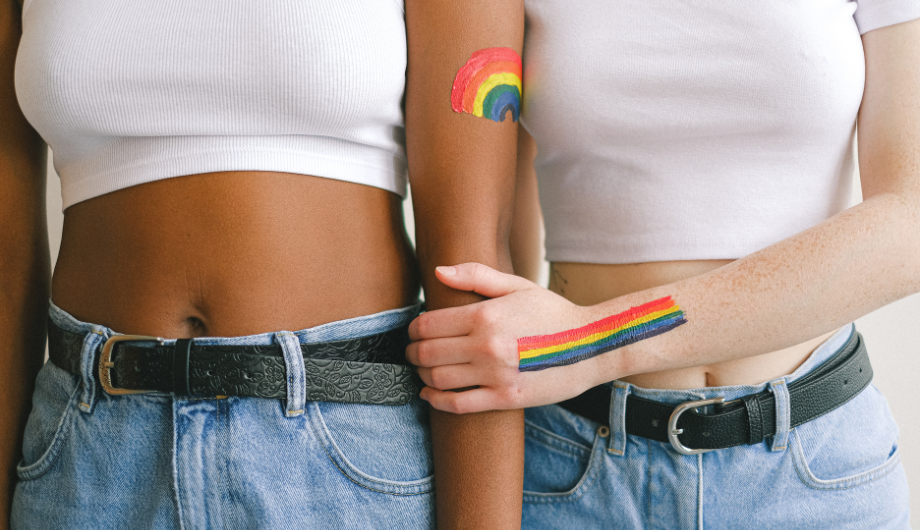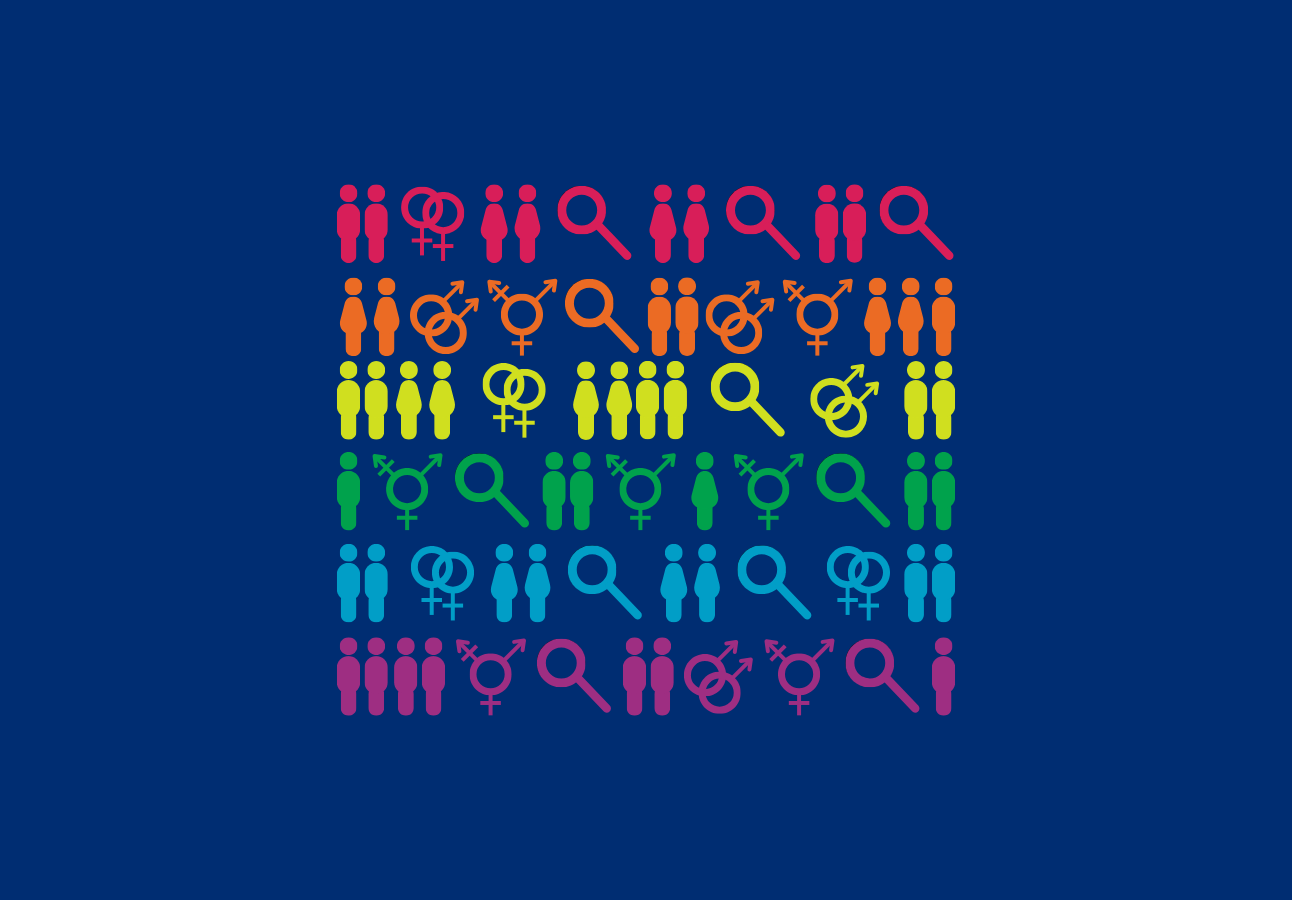
LGBT+ survivors and mental health
Lindsay Sutherland, SafeLives Research Analyst, explores the importance of joining the dots between layers of identity and need
The Spotlight series continues this month with the topic of mental health. For me, a standout lesson from the series is the importance of joining the dots between layers of identity and need. That might mean applying an intersectional lens to think through how individuals are affected by different systems of discrimination, or considering how multiple needs might interact to fuel disadvantage if left unsupported.
Central to the LGBT+ Spotlight was the troubling finding that victims of domestic abuse who identify as lesbian, gay, bisexual or transgender (LGBT+) are more likely to experience mental ill health. Statistics from our Insights national dataset provide us with a picture of victims who accessed specialist services for support. Two in five had a mental health problem in the previous year; among LGBT+ victims, this rose to over half. Appallingly, Insights data showed that LGBT+ victims were almost twice as likely to have attempted suicide and were more than twice as likely to have self-harmed. Double the proportion of LGBT+ victims were experiencing drug and alcohol addiction compared to non-LGBT+ victims.
Survivors of domestic abuse live through distinctly oppressive and outright dangerous situations. Given this, it may not surprise many to know that various studies highlight increased prevalence of mental ill health among survivors. But our Insights data has highlighted that LGBT+ victims experienced higher levels of each type of domestic abuse and were more likely to have experienced historic abuse from a family member or previous partner. While there is a lack of research to probe these prevalence statistics further at present, what they do show is the complexity of risk that LGBT+ victims face – risk which threatens their safety, and all too frequently harms their mental health.
The patterns in our Insights data reflect a complex picture of wider inequalities in the world. In fact, regardless of whether they have experienced domestic abuse, LGBT+ people are more likely to experience mental ill health. The Mental Health Foundation links this to discrimination, isolation and homophobia in society. The government’s national survey of LGBT+ people found that 40% of respondents had experienced a homophobic, biphobic or transphobic incident in the previous 12 months, committed by someone they did not live with. Our Spotlight partner, Stonewall, has researched the discriminatory experiences LGBT+ people face in all avenues of life from school to work to the world of sport. Not only does this discrimination impact on health, but it may also deter LGBT+ people from seeking much-needed support if they face abuse.
What does all this mean for practitioners and policy makers? The government is attempting to answer this question with their LGBT Action Plan (2018) where they acknowledge the significant impact sexual orientation or gender identity can have on health and wellbeing. Our report, Free to be Safe, full of the voices of LGBT+ survivors, also explored this urgent question. The complexity of need and wider societal discrimination we know LGBT+ victims often face means quick identification leading to effective support is crucial. Services must be ready to proactively identify and engage this vulnerable group, providing support that is sensitive to their particular experiences. In light of what the data we have tells us, mental health support must be considered as a central part of this response.
A wealth of learning material from the LGBT+ Spotlight and policy report is available to support services in this important work. So let’s listen to the voices of survivors who have experienced mental ill health alongside, or as a result of, domestic abuse. At the same time let’s join those dots back to the sixth Spotlight and continue to demand that LGBT+ victims are #FreeToBeSafe and also, well.
About Lindsay
Lindsay Sutherland is a Research Analyst at SafeLives and has primarily worked on the national Insights and MARAC datasets. as well as supporting the Spotlights series with data analysis and literature reviews. She recently moved onto SafeLives’ new Big Lottery Fund project in Scotland to provide research support and will also be involved in the evaluation of DA Matters domestic abuse training for Police Scotland which starts later this year.
You may also be interested in


Free to be Safe: LGBT+ people experiencing domestic abuse

